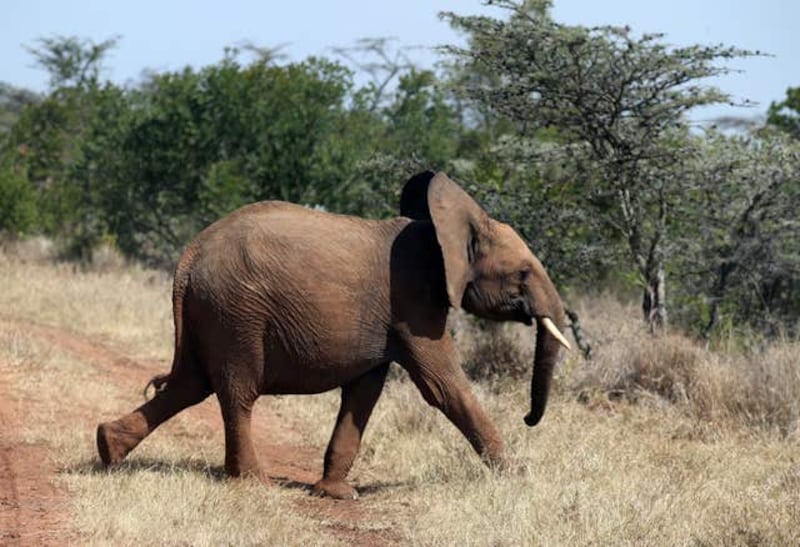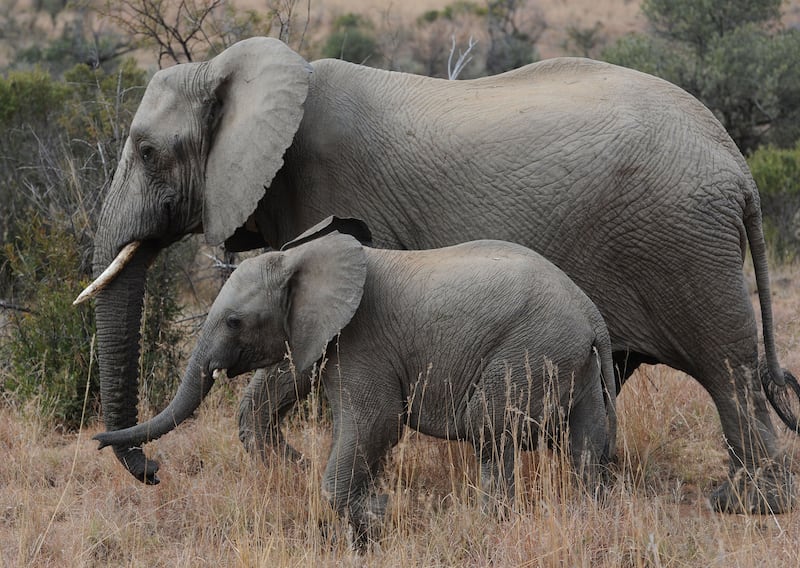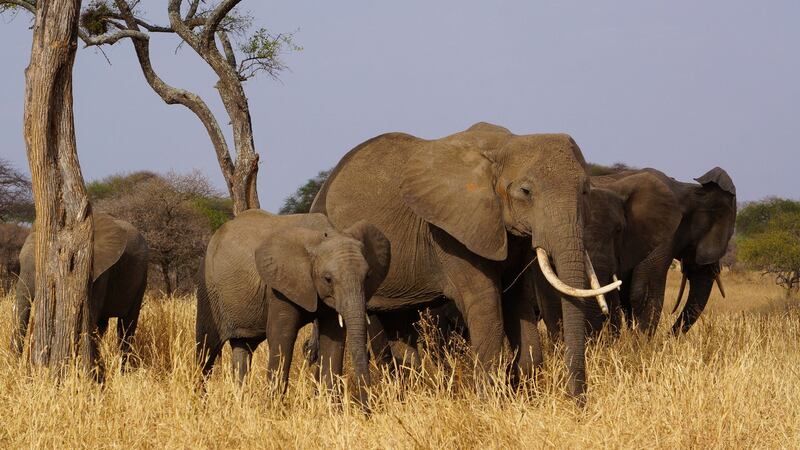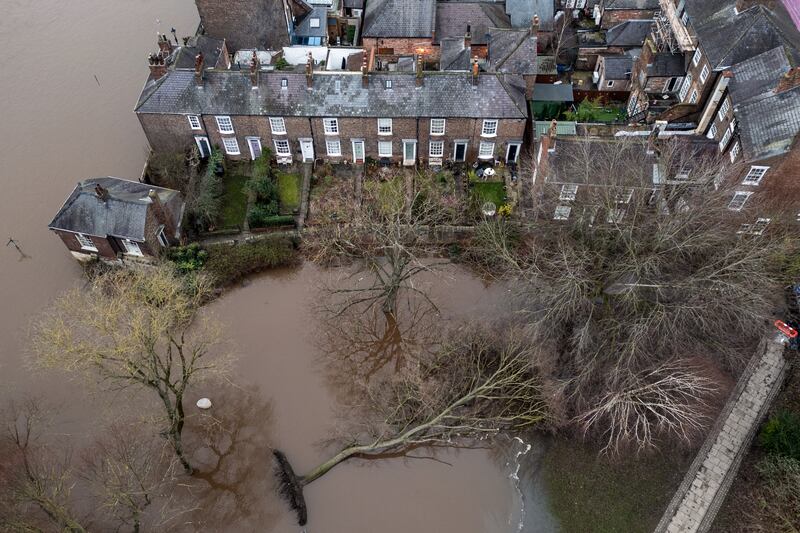Donald Trump has agreed to lift a federal ban on elephant trophies imported from two African countries, reversing a decision imposed during the Obama administration three years ago.
The US Fish and Wildlife Service (FWS) issued a written notice on Thursday saying that allowing elephants in Zimbabwe and Zambia to be killed will boost conservation efforts.
The US president himself tweeted in 2015 about the need to hunt elephants because they “are so abundant that they are devastating the National Forest”.
"@therealTMac11: @florianooke @Toxmaster @NRA The Elephants in Zimbabwe are so abundant that they are devastating the National Forest."
— Donald J. Trump (@realDonaldTrump) May 9, 2015
"@therealTMac11: @florianooke @Toxmaster @NRA Bc the Elephants are so many, The Safari Club pays for water wells to keep them alive."
— Donald J. Trump (@realDonaldTrump) May 9, 2015
The reversal comes as longtime president of Zimbabwe Robert Mugabe was placed under house arrest this week by the nation’s military, plunging the West African nation into political uncertainty.
Here’s everything you need to know:
Why is the ban being reversed?

The FWS said in a statement that “the hunting and management programs for African elephants will enhance the survival of the species in the wild”.
It added: “Legal, well-regulated sport hunting as part of a sound management program can benefit the conservation of certain species by providing incentives to local communities to conserve the species and by putting much-needed revenue back into conservation”.
The agency is advising on checking the “requirements of the foreign country” before making the decision to import or export animal trophies.
The change overrides a ban imposed by Barack Obama in 2014 and applies to the remains of African elephants killed between January 2016 and December 2018.
Why was it imposed in the first place?

African elephants are listed as threatened under the US Endangered Species Act.
According to conservation charity WWF, their population has declined in the last decade by 111,000, with poaching being the main driver.
The ban on imports of sport-hunted African elephant trophies was part of the Obama administration’s national strategy for combating wildlife trafficking.
The team said at the time that additional killing of elephants wasn’t sustainable and didn’t support conservation efforts that “contribute towards the recovery of the species”, despite being legal in those countries.
What has the reaction been?
U.S. Now Allows Elephants From Zimbabwe, Zambia To Be Imported https://t.co/P6zzdooAeg pic.twitter.com/YUOj1HCwv8
— Safari Club Intl (@SafariClubIntl) November 14, 2017
The change was welcomed by Safari Club International (SCI), an international organisation of hunters, which filed a lawsuit in 2014 challenging the ban.
SCI president Paul Babaz said: “These positive findings for Zimbabwe and Zambia demonstrate that the FWS recognises that hunting is beneficial to wildlife and that these range countries know how to manage their elephant populations.”
The Humane Society (THS), an international animal protection organisation, criticised the move, with its president Wayne Pacelle writing in a blog post: “Let’s be clear: elephants are on the list of threatened species; the global community has rallied to stem the ivory trade; and now, the US government is giving American trophy hunters the green light to kill them.
“What kind of message does it send to say to the world that poor Africans who are struggling to survive cannot kill elephants in order to use or sell their parts to make a living, but that it’s just fine for rich Americans to slay the beasts for their tusks to keep as trophies?”








